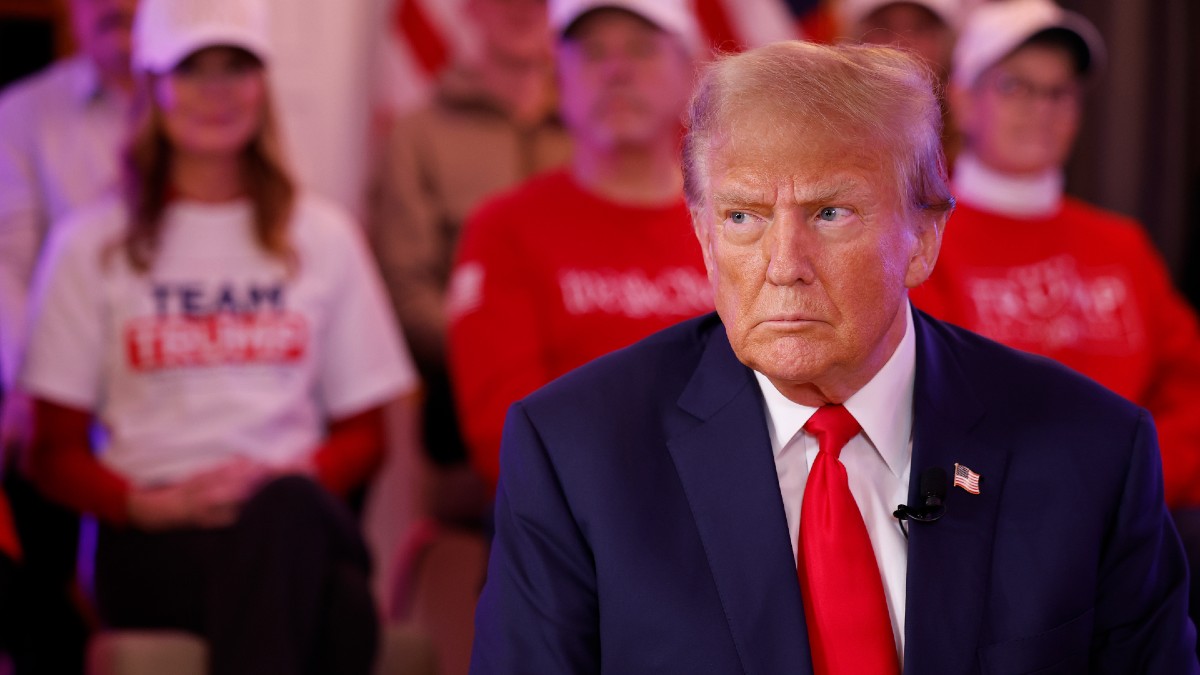A federal regulator has voted on Friday to move forward on a plan that would attempt to ban wagering on elections, award shows and some sporting events.
The provision would ban specific betting exchanges, which typically hold markets that aren't based on actions on the field — such as who the next coach of a team will be and who will win an award voted on by third-party judges.
Some of these services include PredictIt, which allows the public to bet on the outcome of elections and whether laws will be enacted by the state or federal government. Wagers on sports with traditional sportsbooks such as DraftKings and FanDuel would be unaffected, although those books do not host markets such as political elections in the United States.
The vote on Friday by the Commodity Futures Trading Commission (CFTC) would put the proposed regulation up for public review, and the proposal won't be official until the commissioners approve a final version. A vote may take months to come into fruition, the Wall Street Journal reported on Friday.
The regulation would encompass betting on awards shows like the Oscars and Emmys, which are decided behind closed doors.
The CFTC has been embroiled in litigation with PredictIt since 2014, asserting that being able to wager on elections affects election integrity. In 2022, the CFTC ordered PredictIt to shut down its operations within six months. PredictIt countersued and has remained operational as competing litigation has worked its way up the court system.
Betting exchanges are popular in Europe, where users are able to wager on American elections and awards shows at will. If in the end the CFTC is successful in passing this proposed regulation — of which there are still many steps — these provisions would not apply to exchanges that operate outside of the United States.
"Never before has the sanctity of elections been so critical or so under threat," said Christy Goldsmith Romero, a Democratic commissioner on the CFTC. "The CFTC should not allow products in our markets with an unacceptable risk of unchecked abuse and manipulation that could threaten the sanctity of elections, thereby threatening democracy and national security."
The three Democratic commissioners voted in favor of the proposed regulation while the two Republican commissioners dissented.
Summer Mersinger — one of the Republican commissioners — said the proposed regulation was "grossly overbroad" and superseded the power of the federal agency.
Three Democratic commissioners will see their five-year terms expire during the next presidential cycle. The president in power appoints commissioners afterward — of which they typically appoint their own party. Republican commissioners have historically been more wary of regulation on this matter — for instance, during Trump's term between 2016 to 2020, less or no action was taken to regulate derivative markets as it relates to political outcomes.


















































